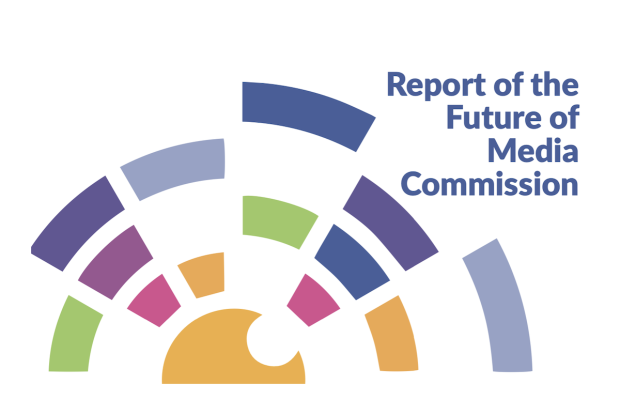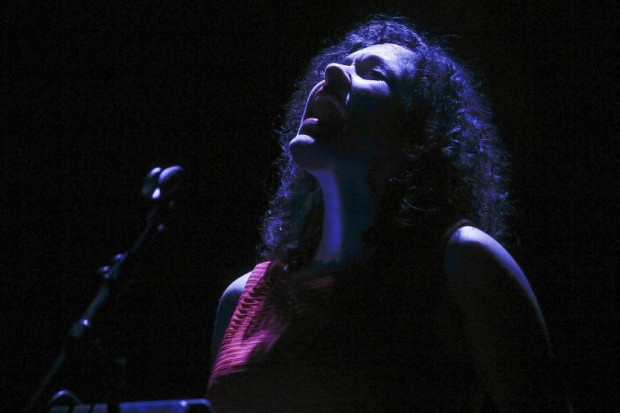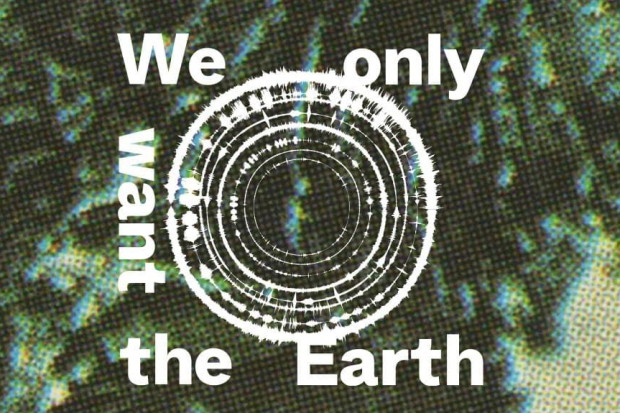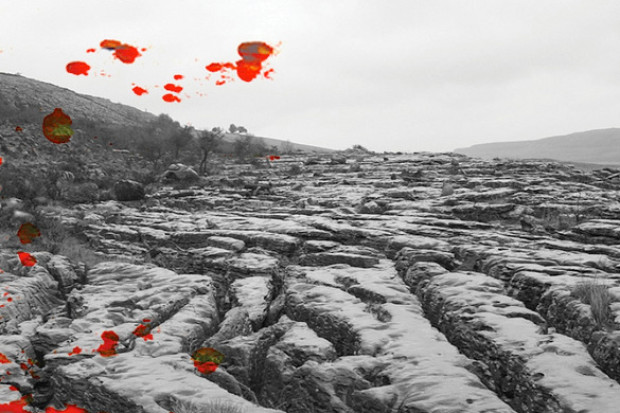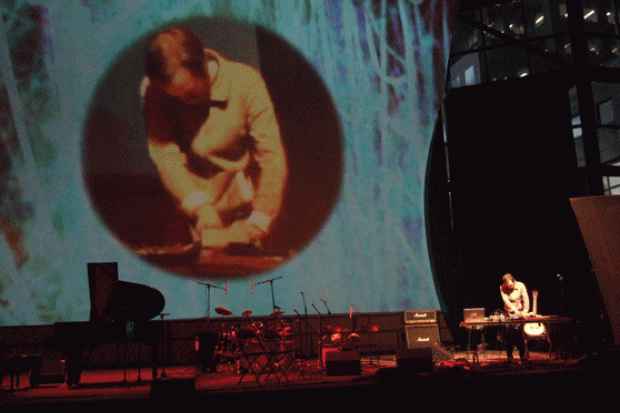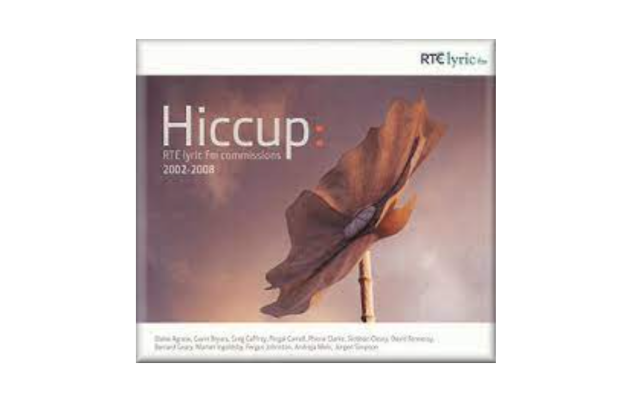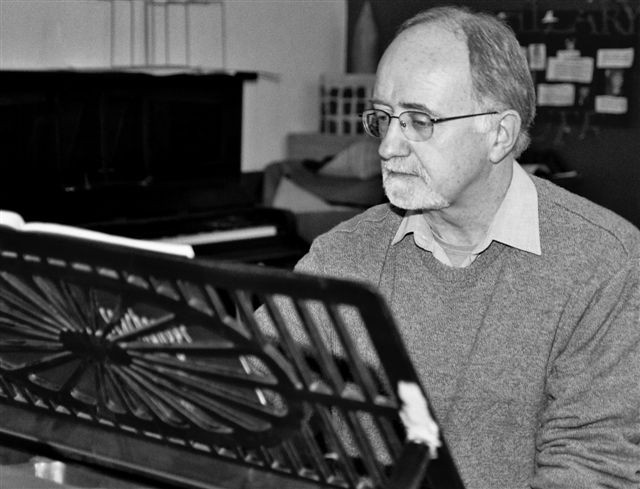
It's Just Town!
John Schaefer describes his radio programme on Irish music, broadcast on both Lyric FM (Horizons) and New York’s WNYC (New Sounds) on 11 March 2002, as ‘an hour-long non-answer’ to the question ‘what do you think of the contemporary music scene in Ireland?’
To anyone familiar with the codes of musical-journalistic discourse, it quickly becomes apparent that Schaefer’s perspective is very North American, indeed very NYC. Having quoted Donnacha Dennehy’s views on the influence of rock music and specifically its use of amplification, Schaefer is reminded of New York in the 70s and 80s, but without the split between ‘uptown’ (influenced by post-World War 2 European avant-gardisme) and ‘downtown’ (influenced by American popular music). Dennehy, whose impish wit and wisdom punctuate the programme like a pleasurable dose of hiccups, comments that ‘it’s just town’. Nevertheless, Schaefer subsequently seems intent on proving that such a split really does exist, and that his own ears are turned ever so slightly but decisively downtown, for which read: a music influenced by rock and world music, and using electronics in a chirpy way. In this context he drags in the very indignant Daniel Figgis who mutters darkly about ‘a certain body that purports to represent the avant-garde, which of course is just nonsense’ and snorts that ‘some of these people need to get out more’. A scrupulously investigative interviewer might have asked for these rumblings to be clarified, for our instruction and enlightenment. Instead, we hear an unctuous excerpt from Figgis’ Skipper album which Schaefer describes as ‘so far downtown it’s almost off the map’, which may or may not be meant as a criticism.
On this map of facile stereotypes, the complex and demanding music of a US composer like Elliott Carter would presumably be ‘so far uptown it’s off the map’. Such thinking is on the same level as the opinions of those Europeans who, however unfamiliar with non-European music, chirrup platitudes about ‘the optimism and lack of sophistication’ of American music. Presumably this also explains the flagrant omission – either as interviewees or composers – of figures like John Buckley, Ian Wilson, Benjamin Dwyer, Deirdre Gribbin, Siobhán Cleary and indeed my humble self: composers who have nothing in common save their irreductability to Schaefer’s narrow premises.
One of the delights of this programme is Schaefer’s patent and unapologetic inability to handle the contradictions among the people he’s dealing with. Kevin Volans’ enthusiasm for the ‘fantastically gifted’ new generation of TCD composers is clearly and predictably shared by Dennehy, but is denied rather sharply by Gerald Barry (who in passing provides present and future musicologists with the valuable insight that ‘my life is my technique’) who asserts that ‘the extraordinary blossoming of technology doesn’t seem to have benefitted the music. Young composers are very cautious… it’s all very well-behaved.’ Schaefer seems more in accord with the latter evaluation – ‘a lot of the works [by the young TCD composers] sound like well-trained students who stick close to the party line… there are some lone voices in the wilderness’ – although it appears once again that ‘the wilderness’ is defined by anything with a supposedly ‘European’ character, which is a priori to be condemned or at best damned with very faint praise. Indeed at one point he refers to music ‘prevalent in European universities in the 1960s’, forgetting that the confinement of musical life to campuses was at that time an aspect not of European but of North American musical life – an aspect with which, alas, Europe is rapidly catching up as public funding for the arts declines in accordance with US economic dogmas.
The most unintentionally amusing contribution is made by Michael McGlynn, who asserts that ‘Ireland had no classical music before the mid [20th] century’, a familiar claim that only stands up if one excludes people like Field, Stanford or Hamilton Harty on grounds that, significantly, may be either nationalistic or neo-Unionist (regular readers of this magazine are familiar with this paradoxical terrain). He then claims to be ‘gobsmacked’ by those Irish composers who appear to be ignorant of the music of their own country. ‘We are a melodic country,’ he intones, hence the putative absence of melody in contemporary Irish music is to be deplored (incidentally, Dennehy earlier refers to ‘rhythmic obsessiveness’ as one of the characteristic of Irish music). Does this mean that Italy, France, or Germany are not ‘melodic countries’, and hence the supposed absence of melody in their contemporary music is less reprehensible? – but applying elementary logic to such propositions is a wearying and futile operation. The example of McGlynn’s music that ensues, and which is presumably meant to demonstrate how things should be set right, could come from the Hiberno-Victorian pen of Stanford himself – which is presumably OK, because Stanford either didn’t exist or wasn’t an Irish composer…
Schaefer presents these various self-serving manifestoes with a minimum of commentary, which is perhaps the best they deserve. His final ‘non-answer’ is a cop-out, and has a tone of neutrality that I believe is belied by the slant of his programme: ‘the Irish musical scene as a whole is still fermenting’, an assertion that in the present climate could be made about every musical scene everywhere on the planet (except perhaps NYC).
Whatever one thinks of this programme as the reflection of one person’s superficial overview of a scene with which he is profoundly unfamiliar, it is a little unsettling to think that Lyric FM considers this the best way to disseminate information on contemporary Irish music to the outside world. Lyric has cut to the bone the amount of new Irish music that it broadcasts, and if there are major problems with the state of music in this country, Lyric is one of them. When can we expect Lyric to make a serious effort to fulfil its public service remit by reflecting accurately the different currents that are flowing through our musical life, and then perhaps refracting these reflections beyond our shores in a less distorting fashion? When will Lyric overcome the pathological delusion that its responsibilities are fulfilled by broadcasting the patronising views of any semi-informed pundit who happens to have an English or American accent?
Horizons is broadcast every Monday on Lyric FM at 9:30pm.
Published on 1 May 2002
Raymond Deane is a composer, pianist, author and activist. Together with the violinist Nigel Kennedy, he is a cultural ambassador of Music Harvest, an organisation seeking to create 'a platform for cultural events and dialogue between internationals and Palestinians...'.












